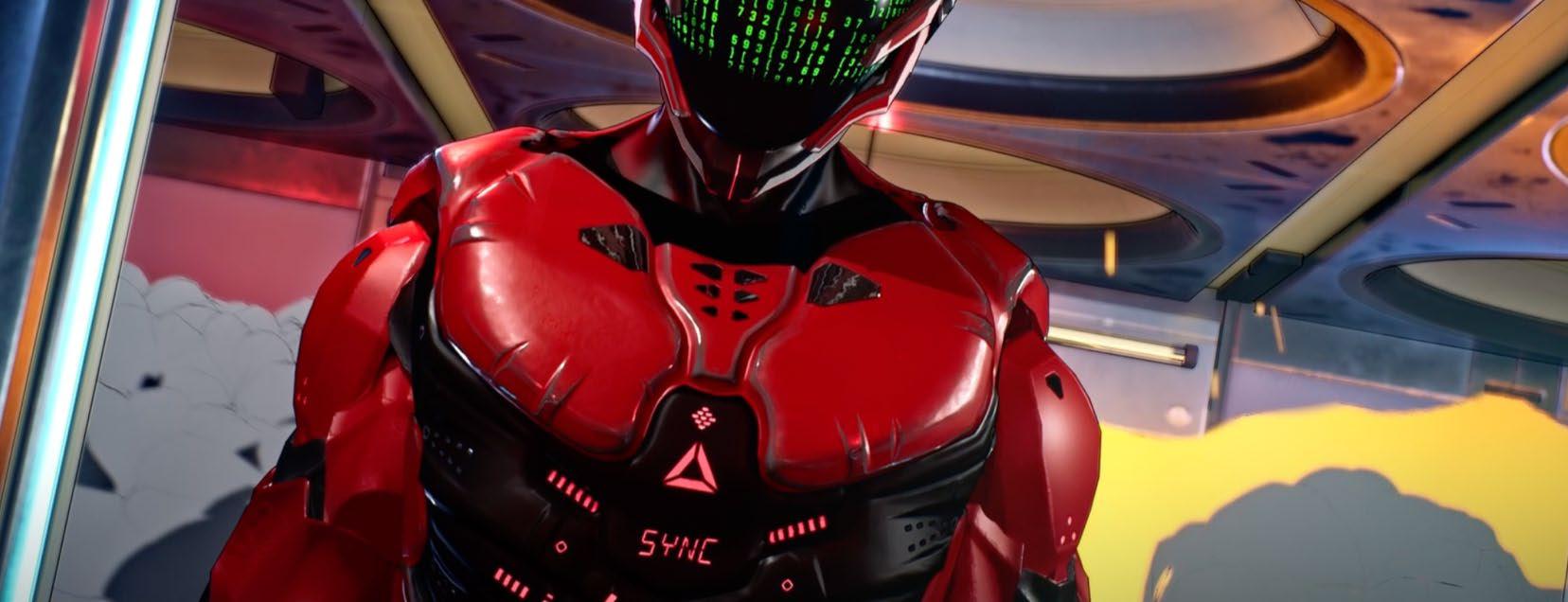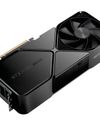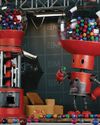
As a hands-on director working in Unreal Engine, I spend most of my time in the Sequencer tool. Everything within the shots and scenes is created in Sequencer; it’s your timeline for events, enabling full control over every single element/ asset that makes up your shot. Any asset parameters, camera controls, lights, post-processing and FX controls can be keyframed in Sequencer. In other words, Sequencer is your orchestra, and you are the conductor!
Working in Sequencer is specific to that shot and doesn’t affect other shots or the Level itself, which means you can have multiple artists working on tasks on different shots or Sequencer files, and the Level itself will not be affected by any of those changes in Sequencer (providing all the animation and keyframing you are doing is strictly in Sequencer). It also means the environment that is in the Level can be updated without affecting the work done in the Sequencer files. It’s a much cleaner and more holistic way of working in Unreal when it comes to cinematics.
I am currently in the postproduction stages of our animated feature film, RiFT (release date to be announced later this year). Every single shot in the animated movie was created inside of Unreal Engine, and then rendered out as final pixels in 4K EXRs and straight into DaVinci Resolve for editing and picture post.
The following handful of tips are what I use every day when creating shots in RiFT.
DOWNLOAD YOUR RESOURCES For all the assets you need go tohttps://bit.ly/3Dworld-290
01 ORGANISATION AND STRUCTURE
This story is from the {{IssueName}} edition of {{MagazineName}}.
Start your 7-day Magzter GOLD free trial to access thousands of curated premium stories, and 9,000+ magazines and newspapers.
Already a subscriber ? Sign In
This story is from the {{IssueName}} edition of {{MagazineName}}.
Start your 7-day Magzter GOLD free trial to access thousands of curated premium stories, and 9,000+ magazines and newspapers.
Already a subscriber? Sign In

Nvidia GeForce RTX 4080 Super Founders Edition
On the surface, the GeForce RTX 4080 Super is barely any different from the vanilla GeForce RTX 4080 that was launched in 2022.

MCU VFX moments
Pros choose their favourite CG shots from the Marvel Cinematic Universe

Nosing around on Fallout
We sniff out the story of how FutureWorks brought The Ghoul to life with the creation of his iconic noseless face

DISCOVER RED GIANT GEO'S HANDY TOOLS
Heather Sterland introduces one of the newest additions to Maxon's suite of Red Giant VFX plugins with an atmospheric lunar creation

BUILD AND ANIMATE A FUN-FILLED ROBOT
Expand your horizons with Julio Benavides, who reveals his workflow for creating a charming hard-surface character

DESIGN STRIKING SCULPTS AT SPEED
Learn how to build 3D characters that balance visual quality and efficient workflow with pro advice from Oh Holy Mary

CREATE A CANYON ENVIRONMENT
Build a stunning desert setting with an expert walkthrough from Romain Eboli, who uses high-quality Quixel assets

TURN A 2D CONCEPT INTO AN INCREDIBLE 3D-PRINTED FIGURE
Concept artist Emily Chapman shares her process for sculpting, printing and painting an outstanding model to put on display

Goodbye SAIGON
Trevor Hogg gets held captive by multiple versions of Robert Downey Jr.while uncovering the visual effects of HBO's spy series The Sympathizer

IMPRESSIONISTIC REALISM
Trevor Hogg learns how the artisan aesthetic came to be for The Wild Robot